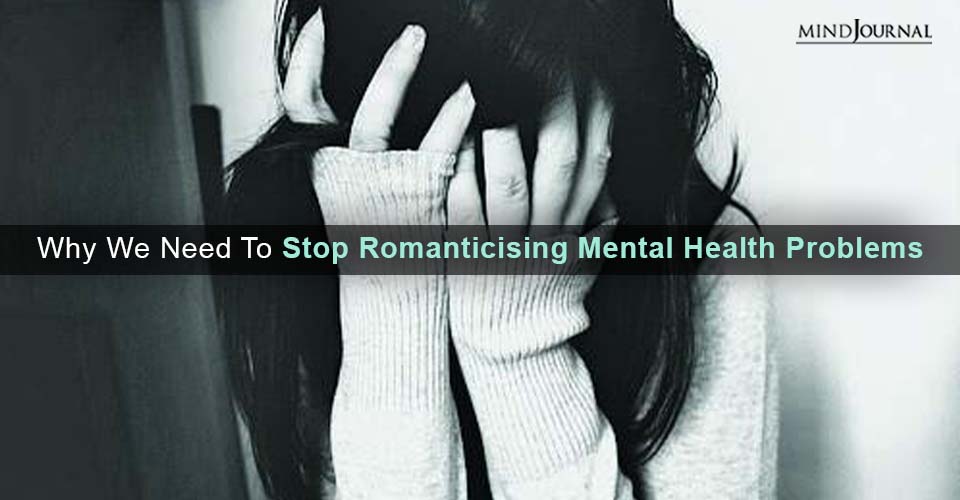Why people are romanticising mental health problems and why we need to stop it?
Recently, I just read an article which explained some reasons why the best girlfriend or boyfriend is the one who has anxiety. Then, not long after that, I just found an article headline which suggests the readers should love a person who regularly overthinks everything in her life.
The article was viral, it has been read by more than 10 thousand readers and shared for more than a thousand times.
As a Psychology graduate, I can’t help but notice that those published articles were twisting the truth about having a mental health problem; they were encouraging the society to think that it’s totally okay for us to live with a mental health problem and it is something that people should be proud of.
Those articles were romanticizing mental health problems and it could be a major misleading perception for the youths; they might be subconsciously developing their own mental health problems which they actually didn’t have in the first place.
Living with a mental health problem is nothing but struggles. If you really have a mental health problem, reading those articles will only make you feel more irritated because the ones who really have it will do anything to be healed instead of being proud of it.
Related: Mental Health Issues In Men
Having anxiety and being an overthinker, for example, are not the traits for an ideal life partner, but those are the traits to be understood and compromised.
Mental health problems, such as depression, anxiety, or phobias, are the issues that have to be discussed carefully, simply because it could be a trigger for the readers to develop those illnesses within themselves.
The truth is, mental health problems are the same with any physical health problems which have to be handled, dealt, and cured. As bitter as it sounds, a mental health problem is an illness, a problem, an issue that has to be solved, and nothing fancy about it.
Mental health problem is being overrated by the media for the sake of gaining audiences. Being proud of having a mental health problem is the same with being proud of having an open scar on your knee, which is still bleeding.
Related: 6 Things You Can Do To Reduce Mental Stress
Having a mental health problem is not something to be proud of; it is something to be aware and accept before it’s being healed.
Those articles might give people the awareness about mental health problems; it gives us understanding that the people who have those problems are worth to be loved too, and I can’t agree more since being loved is one of the best ways to deal with a mental health problem.
Even research stated that emotional support, such as being loved by family members, is effective to decrease the anxiety level of a terminally ill patient. But, people also need to remember that a mental health problem within someone is an issue that still needs proper treatment.
It will be better if mental health problems are discussed in an article which encourages the readers to know the behaviour signs of a mental health problem. Let the readers know themselves more by making them self-aware.
Related: 10 Ways To Enhance Your Mental Health
Let the readers observe their surroundings and be more empathetic with other people. Make them understand that having a mental health problem is not easy and it’s invisible to the eyes.
Teach the readers to do mindfulness on their daily basis and make them know that having a mental health problem is not taboo and it could be treated well. Instead of exaggerating the perks of having a mental health problem, the articles should discuss more on how to compromise and understand the behaviors of those who have it.
We still need to educate the society about mental illnesses and romanticizing those mental health problems is not the way to make people understand; it will only aggravate the situation. Depression is a leading cause of disability worldwide and is a major contributor to the overall global burden of disease according to the World Health Organisation.
Related: 20 Typography Images That Visualize Mental Disorders Brilliantly
In the end, making people proud of their own mental health problems is the same as asking people to cut their scar deeper into the skin; it will only get worse and need more time to be healed.











Leave a Reply